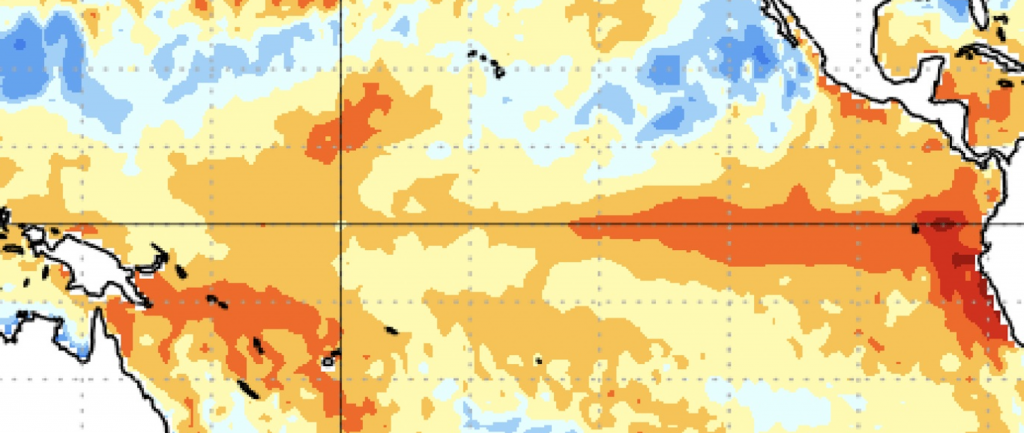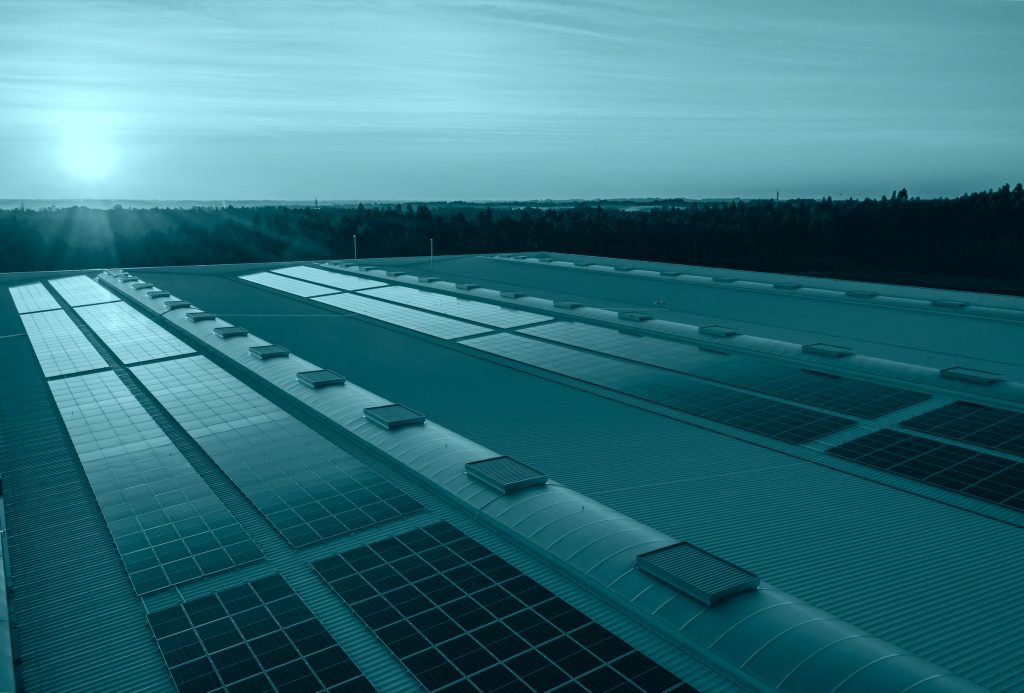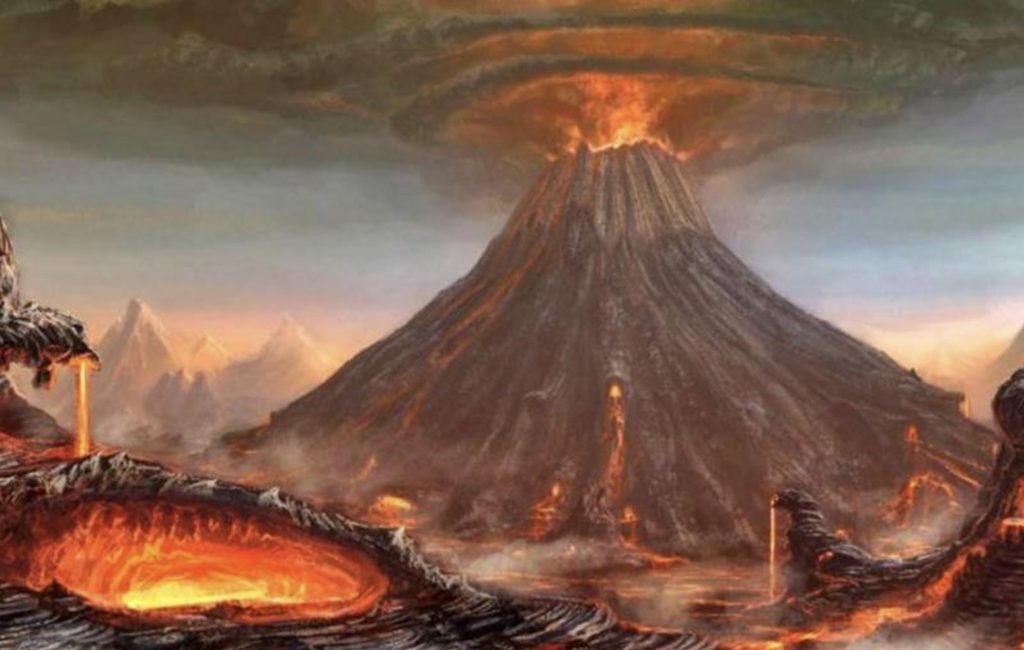
The cities of the future
Skyscrapers made of bamboo. Green roofs. Smart glass. Houses that are cool in summer and warm in winter without burning through loads of energy. All around the world, the future of cities and urbanization looks to bring smarter, more energy-efficient, healthier buildings to the urban environment. An unattainable utopia or simply a necessity in a rapidly urbanizing world that needs to find sustainable solutions to the cities of the future?











